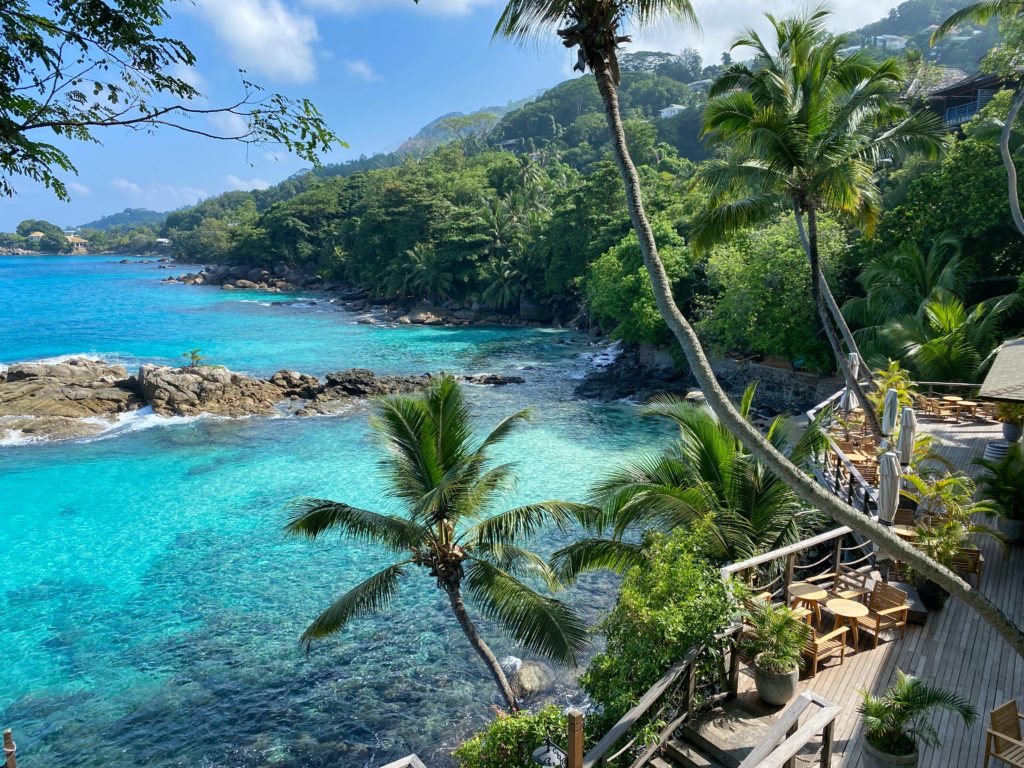Which Countries are reopening their border for International Tourism?
Since the beginning of Covid pandemic, the global tourism sector has been affected badly. Lockdowns and travel restrictions have brought the tourism sector to its knees, but after one and half year of the pandemic with vaccination drives and low positivity rates there is a glimmer of hope for the industry. However, the situation is not very favourable for tourism, but some countries have gradually started to reopen their borders partially or completely in a bid to promote tourism.
With precautions and requesting people to follow Covid-19 protocols at all times, some countries are reopening their border for International Tourism. However, India is still on the banned list in many countries given the covid situation.
So, here is a list of all Countries that have reopened borders partially or fully for international travellers.
Seychelles

Seychelles has opened its borders to fully vaccinated visitors from India, Pakistan and Bangladesh after two weeks they get their second dose of vaccine. Also a negative RT-PCR test report is mandatory. Apart from that, residents from all countries, except South Africa, can travel to Seychelles only after having full vaccination and a negative RT-PCR test done within 72 hours of departure. Along with that travellers should have a valid travel and health insurance to cover potential Covid-related costs.
United Kingdom
The UK has resumed international travel from May 17 and categorized countries into red, green or amber classes. At present, only a UK resident from destinations on the “red list,” can enter the borders. The destinations under “red list” include India, South Africa, Namibia, the United Arab Emirates, and more. Travellers from these destinations must quarantine in a hotel on arrival and take two Covid-19 tests. For travellers from the green list nation, a Covid-19 test on or before Day 2 after you arrive in the UK is a must. For travellers from the amber list nation, you must quarantine in the place you’re staying and take two Covid-19 tests.
Italy
Italy is allowing entry to tourists from nations that have reached a high level of vaccination percentages. Travellers coming to Italy from most of Europe need to provide proof of a negative RT-PCR test taken within 48 hours prior to arrival and five days’ quarantine is required before taking a second Covid-19 antigen test. Travellers from outside of Europe, including Australia, Japan, New Zealand, Singapore, South Korea, Rwanda and Thailand will have to follow the same steps and quarantine for 10 days instead of 5 is mandatory for them. Also, there are no restrictions applied to tourists from Vatican City and San Marino.
Maldives
Maldives banned tourists from nations of South Asia, including India, Nepal, Bhutan, Afghanistan, Bangladesh, Pakistan and Sri Lanka, as well as people who have transited these countries in the past 14 days. The island nation is open to visitors from all other destinations, and the travellers must have proof of a negative Covid test.
Greece
Greece reopened its borders to travellers on May 14 along with implementing its own vaccine and testing requirements for visitors. At present, the country is allowing tourists who have been fully vaccinated and have a negative test from countries in the EU, the US, the UK and Israel.
Austria
Austria is opening its borders for only EU/Schengen nationals and tourists from Australia, Iceland, New Zealand, Singapore, South Korea and the Vatican.
Spain
Spain is welcoming vaccinated visitors form the U.S. and most countries, as well as European visitors who can prove they are not infected. Also, travelers from Brazil, South Africa and India are banned at the moment because of high infection rates there.

France
France is allowing travellers who have got a complete dose of the four EU-approved vaccines: Pfizer, AstraZeneca, Moderna or Johnson & Johnson. However, Tourists are banned from 16 countries that are on a red list and it includes India, South Africa and Brazil.
However, Many countries are reopening their borders. In view of the current situation travelling should be the least priority and staying home is the best option to stay safe. If in any case you are planning to travel, don’t forget to check the travel guidelines and regulations.


























































